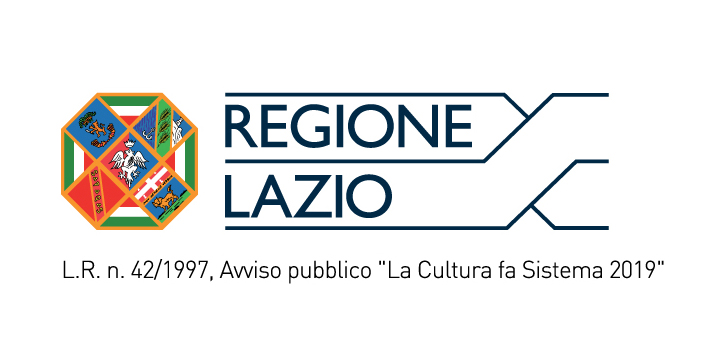When entering into various legal agreements, it is essential to understand the purpose and significance of each
document involved. One such agreement is the Subordination, Non-Disturbance, and Attornment Agreement.
The purpose of this agreement is
to establish the rights and obligations of three parties: the landlord, the tenant, and a third-party lender. It
is commonly used in situations where the tenant is operating a business on the leased premises and has obtained
financing from a lender.
One of the key aspects of this agreement is the subordination clause. According to the Subordination Clause, the tenant
agrees that their leasehold interest is secondary to the lender’s security interest. In simpler terms, if the
tenant defaults on their loan, the lender has the right to foreclose on the property, even if the lease is still
in effect.
To protect the tenant’s rights, the Non-Disturbance Clause is included. This clause ensures that if the property is
foreclosed upon, the new owner or the lender will not disturb the tenant’s possession and use of the leased
premises as long as the tenant is not in default of their lease obligations.
Another important element of this agreement is the Attornment Clause. This clause requires the tenant to recognize the new owner or lender
as their landlord if the property is foreclosed upon. It establishes the tenant’s obligation to continue paying
rent and performing their lease obligations to the new landlord.
The Subordination, Non-Disturbance, and Attornment Agreement can be particularly relevant in various industries
and scenarios. For instance, in the context of rental agreements for
shops, where a business owner is leasing a retail space and has obtained a loan from a bank to finance
their operations.
Similarly, in international trade, such as the New Zealand Free Trade Agreement with the US or the Japan
Free Trade Agreement with Australia, these agreements can play a crucial role in ensuring the rights and
obligations of the parties involved are properly addressed.
Overall, the Subordination, Non-Disturbance, and Attornment Agreement is an essential legal document that
protects the interests of tenants and lenders in various situations, including agreements between two states or
outsourcing
agreements. Understanding its purpose and incorporating it into relevant contracts can provide clarity
and security to all parties involved.
References:
- https://gromartt.com/archives/180962?v=f7c7a92a9cb9
- https://aguirreasesores.com/2022/07/14/decommissioning-security-agreement-uk/
- https://playair.in/nhai-substitution-agreement/
- https://madamebistro.com/sample-rental-agreement-for-shop/
- https://injaaztravel.so/index.php/2021/10/30/japan-free-trade-agreement-australia/
- https://h-port-s.com/archives/25841
- http://blog.bayareadisc.org/2023/06/20/outsourcing-agreements-templates/
- https://mistimithaihasnabad.in/new-zealand-free-trade-agreement-with-us/
- https://carpetcleaningjandj.com/net-net-gift-agreement/
- https://earntc.com/agreement-between-2-states/


